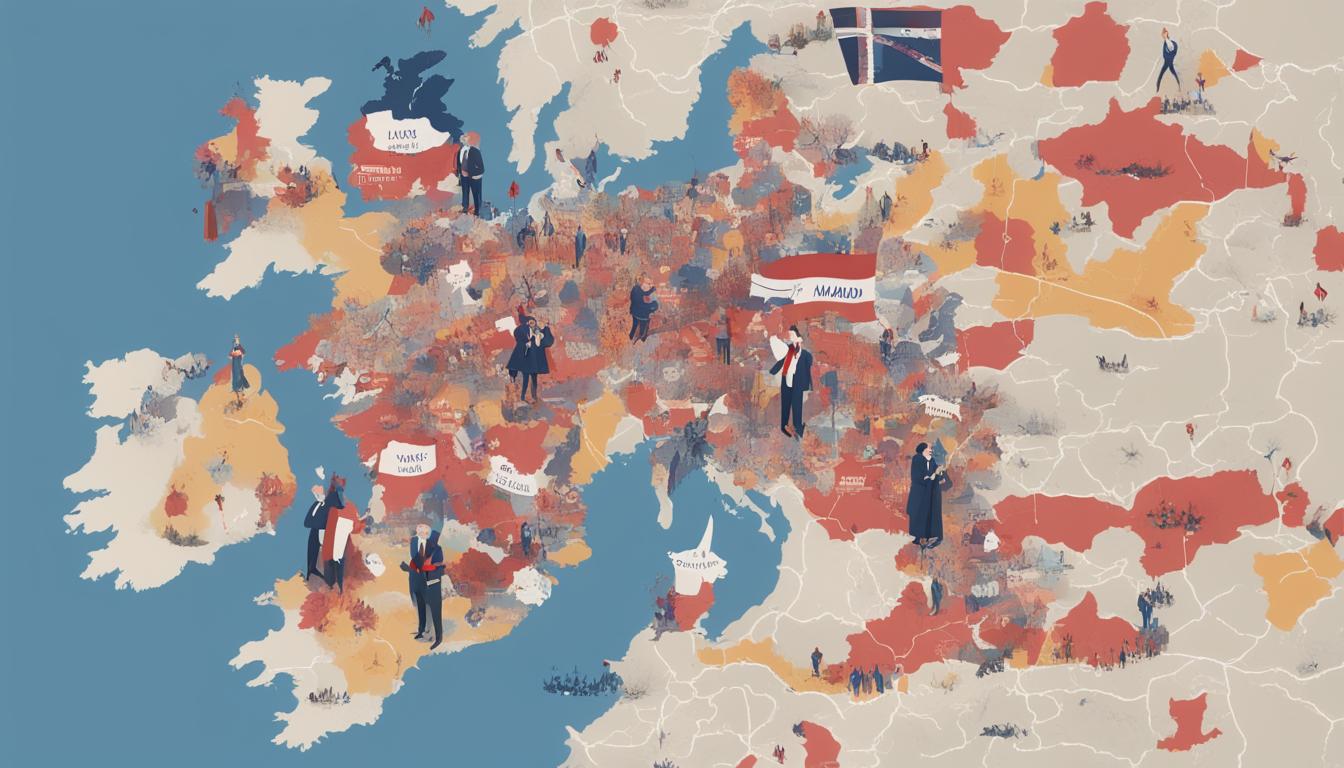The Labour Party’s recent victories in the UK mayoral elections, including London and West Midlands, have stirred discussions within the Conservative Party about Prime Minister Rishi Sunak’s leadership amid declining party support.
In recent UK mayoral elections, the Labour Party achieved significant victories, including wins in London and the West Midlands. Sadiq Khan was re-elected as Mayor of London, securing a third term. In a closely contested race in the West Midlands, Labour candidate Richard Parker defeated the incumbent Conservative Mayor, Andy Street, by a narrow margin of 1,508 votes.
These elections, held in May 2024, have led to extensive discussions within the Conservative Party regarding the leadership of Prime Minister Rishi Sunak, following a backlash from party members dissatisfied with the election outcomes. Labour leader Sir Keir Starmer has capitalized on these results, urging Sunak to consider a general election in response to what he describes as governmental paralysis and party division.
Labour’s performance was notable across various regions, with other victories including Andy Burnham in Greater Manchester, Steve Rotheram in Liverpool, and Tracy Brabin in West Yorkshire. Despite concerns regarding Labour’s stance on international issues, such as the conflict in the Middle East, the party managed to secure over 200 additional council seats. These results signal a potential shift in UK’s political landscape, highlighting labour’s appeal to urban and diverse populations.
In contrast, the only substantial win for the Conservatives came in the Tees Valley mayoralty, won by Lord Ben Houchen. This mixed political scenario reflects growing challenges for the Conservative Party and increasing calls for reevaluation of leadership and policy direction amidst declining approval rates for Sunak.
These election outcomes are seen as pivotal, with potential implications for the upcoming general election, as Labour aims to build on its recent successes to present a unified and progressive alternative to the current government.













